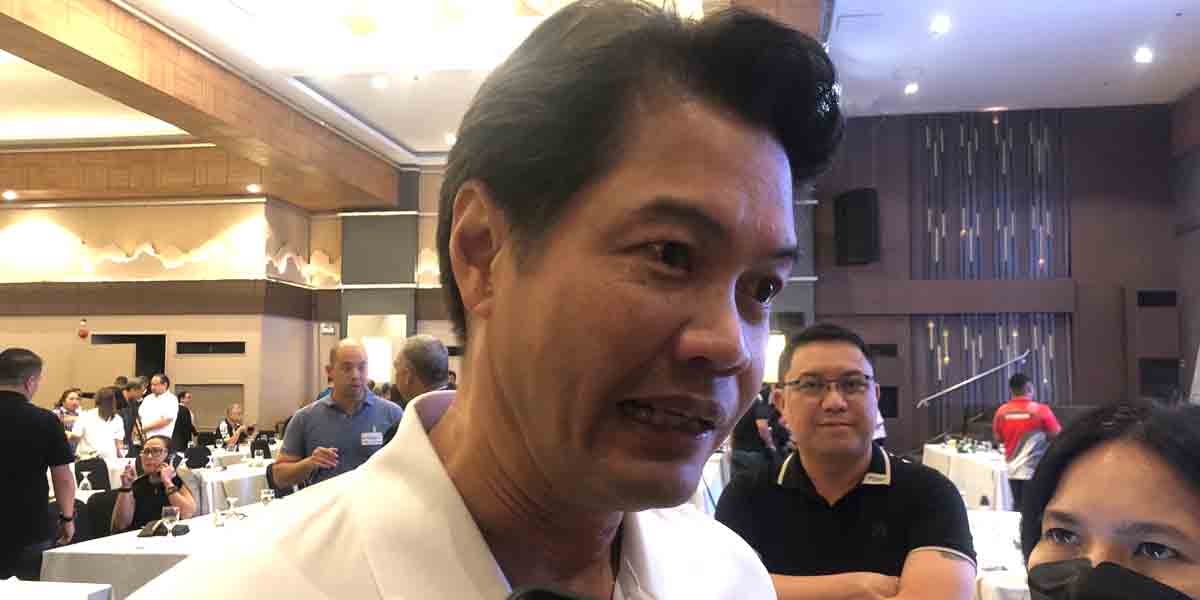By Herman M. Lagon
IN THE academe, where precision and clarity are essential, the AI-assisted tool Grammarly stands out as more than just a digital writing assistant. In many ways, it is a silent mentor and student assistant, helping, shaping, and guiding students toward excellence in their scholarly pursuits. Its integration into academic routines has become increasingly pivotal.
Indeed, I actively advocate for my students to employ Grammarly for their Mathematical Investigations and various flipped classroom activities. This practice is widely adopted by many of my colleagues as well. In the state university that I am connected with, the use of Grammarly is not only recommended but also mandated for thesis and dissertation writing. Adopting this AI-assisted digital application by some schools is a clear indicator of its vital role in enriching the learning and teaching process in the academe. By integrating Grammarly into our pedagogical framework, we are not just facilitating error-free and digitally-assisted writing but also deepening the student’s understanding and mastery of language, which is crucial in scholarly pursuits.
Grammarly excels in refining the core aspects of writing. With just a touch of a button, it swiftly detects and rectifies grammatical errors, spelling inaccuracies, and punctuation mistakes. However, its benefits extend well beyond simple proofreading. Grammarly offers an interactive and educative experience by highlighting potential errors and proposing alternatives. It does not merely correct; it instructs. This aspect is particularly beneficial for students who are non-native English speakers, as the tool acts like a private tutor, aiding in their comprehension and mastery of language nuances.
The significance of clear, error-free writing in academia is paramount. Scholarly writing necessitates not just accuracy but also persuasiveness, which basic language flaws can compromise. Here, Grammarly serves as a guardian of linguistic precision. Ensuring that the foundational elements of writing are robust allows students to direct their attention to more complex aspects such as argumentation, critical thinking, and creativity. It is like having a vigilant proofreader, ensuring that the language employed is not just correct but also contextualized and impactful.
Beyond writing mechanics, Grammarly’s advanced features provide insights into style and tone, which are crucial for developing a scholarly voice. Navigating the formal tone and complex structures of academic writing can be challenging. Grammarly is crucial in crafting grammatically correct and stylistically fitting sentences, acting as an editor finely tuned to the subtleties of scholarly communication.
Moreover, Grammarly’s plagiarism detection feature is indispensable in upholding academic integrity. It aids students in distinguishing between genuine inspiration and imitation, guaranteeing that their scholarly work consistently adheres to the most rigorous standards of originality.
The accessibility of Grammarly further amplifies its utility. Available as a browser-based platform, it is a convenient tool for various writing tasks, from composing emails and research papers to social media posts. Grammarly’s web editor is perfect for those who prefer online solutions that embody flexibility and offer guidance across diverse writing contexts.
While Grammarly is an extraordinary tool, it is not a panacea. It is crucial to recognize that it serves as an aid, not a substitute, for critical human judgment. The recommendations made by Grammarly should be evaluated with discernment, and users should exercise their discretion in accepting them. It is a support system, not a replacement.
In the journey of academic writing, Grammarly emerges as a crucial companion. It elevates the quality of writing by honing in on the core principles of language, allowing students to channel their attention toward the substance of their content. Nowadays, grammar is essential for students dedicated to enhancing their writing skills and delivering academically robust work. It provides guidance, instruction, and empowerment, establishing itself as an integral component of the academic writing journey.
***
Doc H fondly describes himself as a ‘student of and for life’ who, like many others, aspires to a life-giving and why-driven world that is grounded in social justice and the pursuit of happiness. His views herewith do not necessarily reflect those of the institutions he is employed or connected with.




















